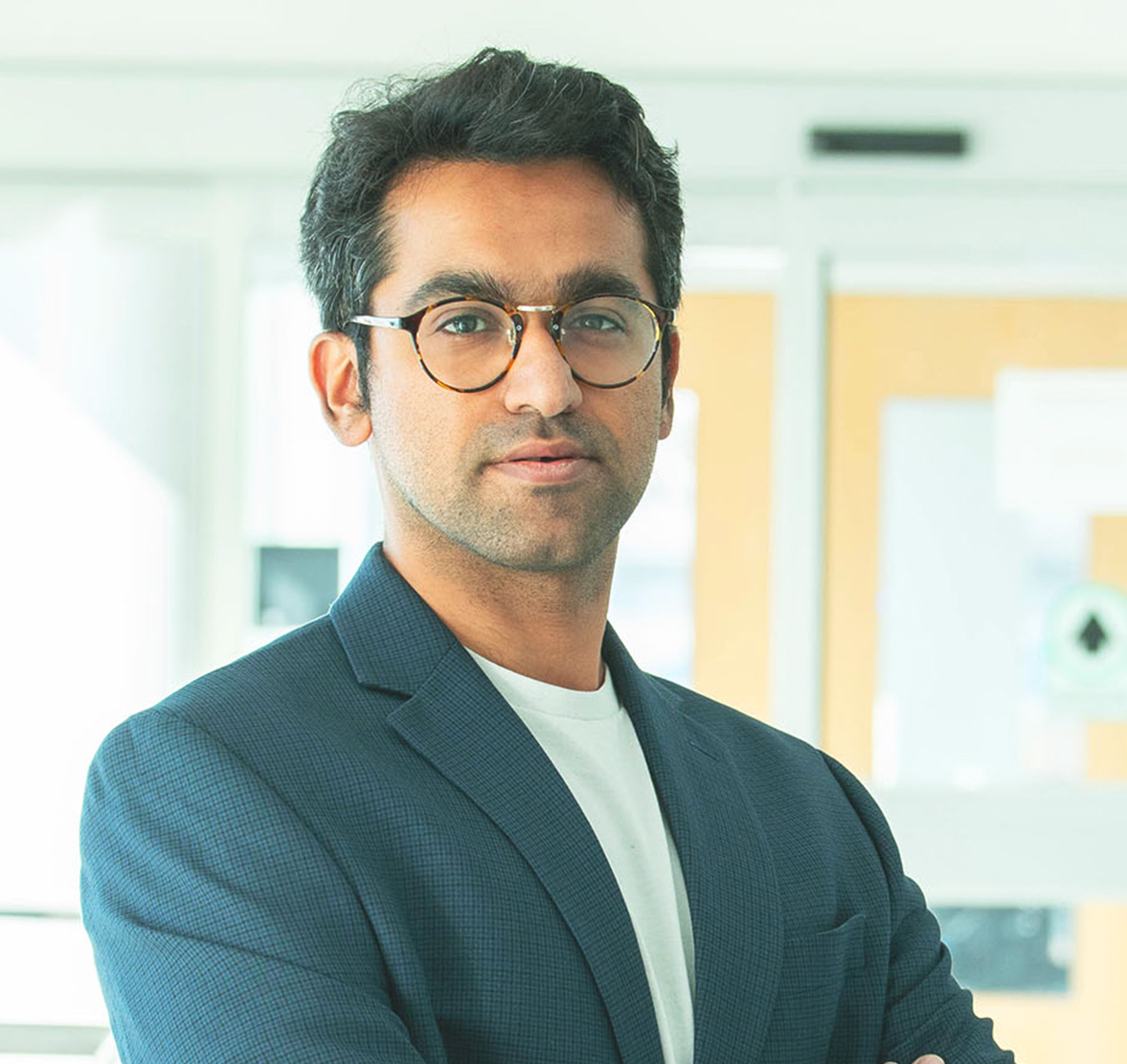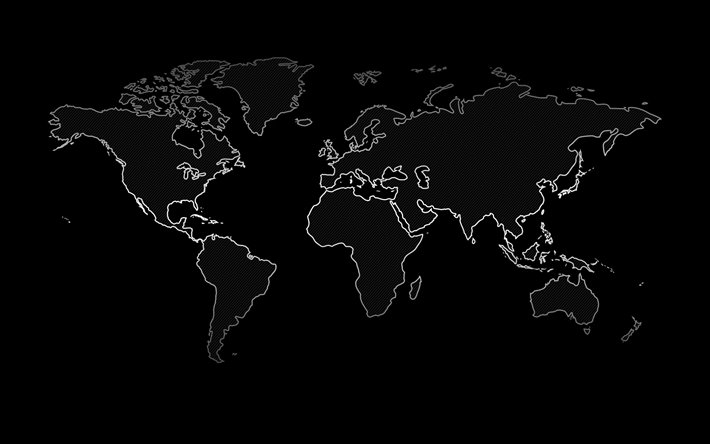Overview
Social media platforms have evolved to play multiple roles in contemporary society - such as primary sources for communication, acting as a proxy for information needs, and also becoming a medium for seeking assistance. One of the interesting roles social media platforms have started being used nowadays for is - emergency response. During emergency events, delivering the right information in a timely manner is crucial, not only for emergency response organizations but also for other social media users in the vicinity. Social media platforms allow people who are actually at ground zero to express their opinions and provide information about the event, thus becoming in most cases, primary sources of information. However, mining social media data to provide insights that can be used by emergency response comes with significant technical challenges, such as real-time information extraction, information ranking, credibility, multimodality, information visualization, data sampling, etc. Tackling these problems require researchers to take a truly inter-disciplinary approach to enable the use-case of using social media data for emergency response holistically. Through this workshop, we want to provide a cross-disciplinary forum for researchers from different fields to present and discuss research on this topic from different perspectives.
When an emergency event first occurs, getting the right information as quickly as possible is critical in saving lives. When an event is ongoing, information on what is happening can be critical in making decisions to keep people safe and take control of the particular situation unfolding. In both cases, first responders, rescuers, peacekeepers, and others have to quickly make decisions that include what resources to deploy and where. Fortunately, in most emergencies, people use social media to publicly share information. Social media platforms have changed emergency response, in the sense that information publicly posted on such platforms is now critical, not just in understanding what's happening on the ground, but also in making critical decisions on where resources are needed and how to deploy them. In many cases, social media platforms have also been used to communicate with communities impacted by emergencies- such communication happens between members of the community, emergency response planners, non-governmental aid agencies, and government agencies.
Since the popularization of social media platforms, thousands of research papers have been published on highly diverse topics of interest to different research fields- from computer science to sociology. Scientists have explored networks, recommendations, ranking, propagation of information, influence, and many other technical topics. In spite of its importance, the research community, however, in our view, has not done as much work in relation to how social media data can be used for emergency response. There are significant efforts at various universities working on these topics, but there are few venues to gather scientists from different disciplines together to present and discuss progress and challenges in leveraging social media data for emergency response. The goal of this workshop is to provide a stage for scientists working on different fields relevant to leveraging social media data for emergency response. While the focus of the workshop will be on emergency response, the actual sub-topics will be broad, allowing researchers to present state-of-the-art results that might be relevant to this important topic, while providing the space for presenting new, innovative ideas and perspectives from researchers in technical and non-technical fields.
Important Dates
Call For Papers
Topics of interest for the workshop include the following (using text, images, video, and any combination):
- All aspects of event detection (where an event happened, its impact, etc.)
- Information ranking for emergency response
- Tools and techniques for emergency management that use social media
- Techniques to identify emerging topics in large-scale disasters, including unexpected events
- Tools and techniques to identify aid requests
- Emergency event summarization
- Techniques in social network analysis that can help identify communities of need or that can be effective at responding (e.g., in fundraising in response to an emergency)
- Ontologies specifically for emergency response
- Tools and techniques for identifying credible messages during emergency response
- Techniques to enable real-time (or instantaneous) information extraction from social media during crisis events
- Studies that help identify causality and other relationships between events, particularly in large-scale emergencies
- Perspectives from practitioners and academics in any relevant field, on the impact of social media in emergencies and how to better leverage social media data for good
- Privacy preserving techniques to extract important information that is relevant to emergency respond
- Studies or perspectives on human behavior during emergencies, particularly in relation to social media use
- Systems that use social media for training in emergency response
- Techniques or systems to leverage social media data for disaster prevention or mitigation
- Perspectives on policy as it relates to social media and emergency response
- Datasets and data collection methods which can be useful to researchers in the field, as it relates to emergency response
Two types of submissions for participation in the workshop are accepted: short statement of interest or idea-based papers (4 pages) and larger research papers (max 8 pages). Submissions will be evaluated on the basis of their fit to the theme of the workshop and will be reviewed by the workshop organizers. We will solicit external reviewers when necessary. We will encourage all submissions to be novel, and provide a unique perspective on how to approach the challenges of using social media data for emergency response. Selections will be made on the basis of number of submissions, with a priority given for inclusion and to authors who are not primarily from Computer Science to enable discussion which is more inter-disciplinary during the workshop.
Short Research Paper should not exceed 4 pages in AAAI format (author guidelines for ICWSM). These papers, if accepted, will be included in the ICWSM workshop proceedings. The 4-page format will be ideal for dataset related papers i.e. papers that present to the community a new novel dataset that can be useful for this community, or demos i.e. papers explaining tools or novel frameworks that are aimed at easing the use of social media data for emergency response.
Long Research Paper should not exceed 8 pages in AAAI format. Papers should cover topics described above. These papers will ideally be aimed at presenting novel research. Higher preference will be given to papers having clarity in describing the problem setting, including detailed description of how it fits the theme of the workshop and provides details on how the work can be applied in real-world and hence limitations thereof.
Program
| Programme | Time | Description |
|---|---|---|
| Introduction | 09:00-09:05 | Welcome to SOMMER 2022 |
| Invited Talk | 09:05-09:30 | Remote Monitoring of Migration and Displacement: Experiences from Venezuela and Ukraine Ingmar Weber(Research Director, Social Computing Group, QCRI) |
| Invited Talk | 09:30-10:00 | Misinformation and Hate Speech on WhatsApp Kiran Garimella(Asst. Professor, Rutgers University) |
| Research Talk | 10:00-10:30 | TBD Ayan Mukhopadhyay(Research Scientist, Vanderbilt University) |
| Coffee Break | 10:30 - 11:00 | |
| Research Talk | 11 - 11:30 | Multimodal categorization of crisis events in social media Mahdi Abavisani(Research Scientist, Dataminr) |
| Research Talk | 11:30 - 12:00 | Towards an Interpretable Approach to Classify and Summarize Crisis Events from Microblogs Koustav Rudra(Asst. Professor, ISM Dhanbad) |
| Group Discussion (Breakout Groups) | 12:00 - 13:00 | Challenges and Opportunities in Leveraging Social Media for Emergency Response |
| Lunch | 13:00 - 14:00 | |
| Invited Talk | 14:00 - 14:30 | Social Data Analytics for Future of Work at Emergency Services Hemant Purohit(Professor, George Mason University) |
| Research Talk | 14:30 - 14:50 | SMDRM: A Platform to Analyze Social Media for Disaster Risk Management in Near Real Time Valerio Lorini, Emanuele Panizio and Carlos Castillo |
| Research Talk | 14:50 - 15:10 | How do people describe locations during a natural disasters? An analysis of tweets from Hurricane Harvey Yingjie Hu, Jimin Wang and Kenneth Joseph |
| Research Talk | 15:10 - 15:30 | Productive Online Discourse for Emergency Response Gaurav Nuti, Louis Penafiel, Janelle Ward, Abel Salinas, Fred Morstatter, Nathan Schurr, Deirdre Kelliher, Laura Cassani and Robert McCormack |
| Invited Talk | 15:30 - 16:00 | Leveraging the Full Breadth of Social Media Data to Identify and Anticipate Cascading Impacts in Disasters JB Cuartas(Adjunct Professor, Georgetown & Manager, IEM) |
| Break | 16:00 - 16:30 |
Organizers

Dr. Hemank Lamba Website: https://sites.google.com/site/hemanklamba/home Twitter:@hemanklamba

Dr. Ayan Mukhopadhyay Website:https://ayanmukhopadhyay.github.io/ Twitter:@AyanMukhrjee

Dr. Alejandro (Alex) Jaimes Website:http://www.alexjaimes.com/ Twitter:@tinybigdata
